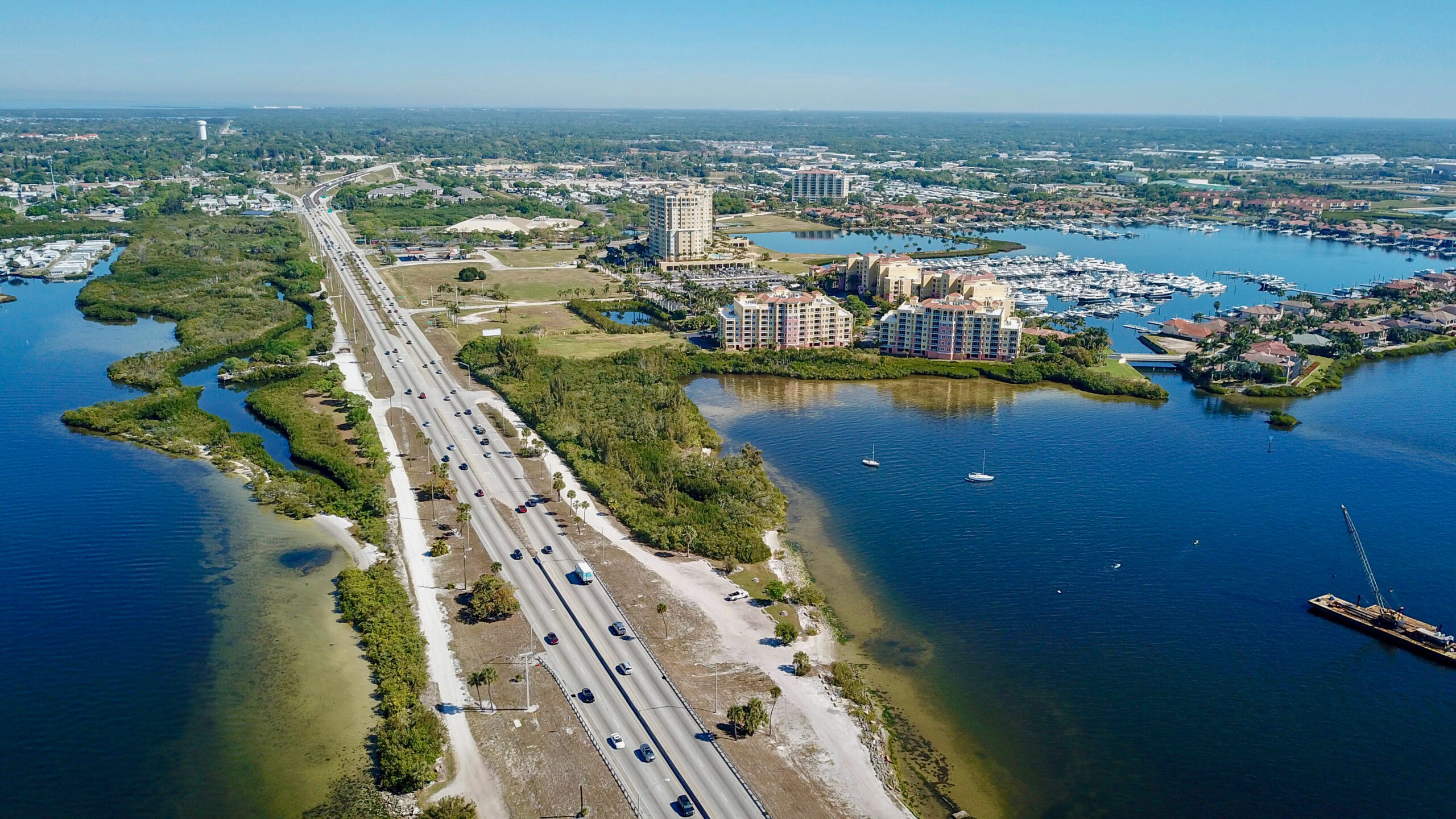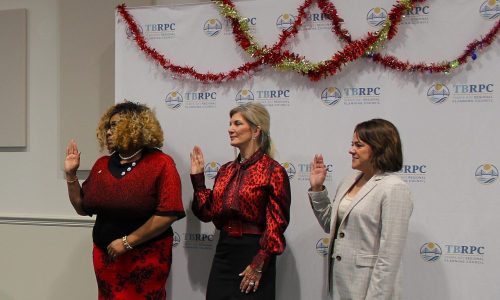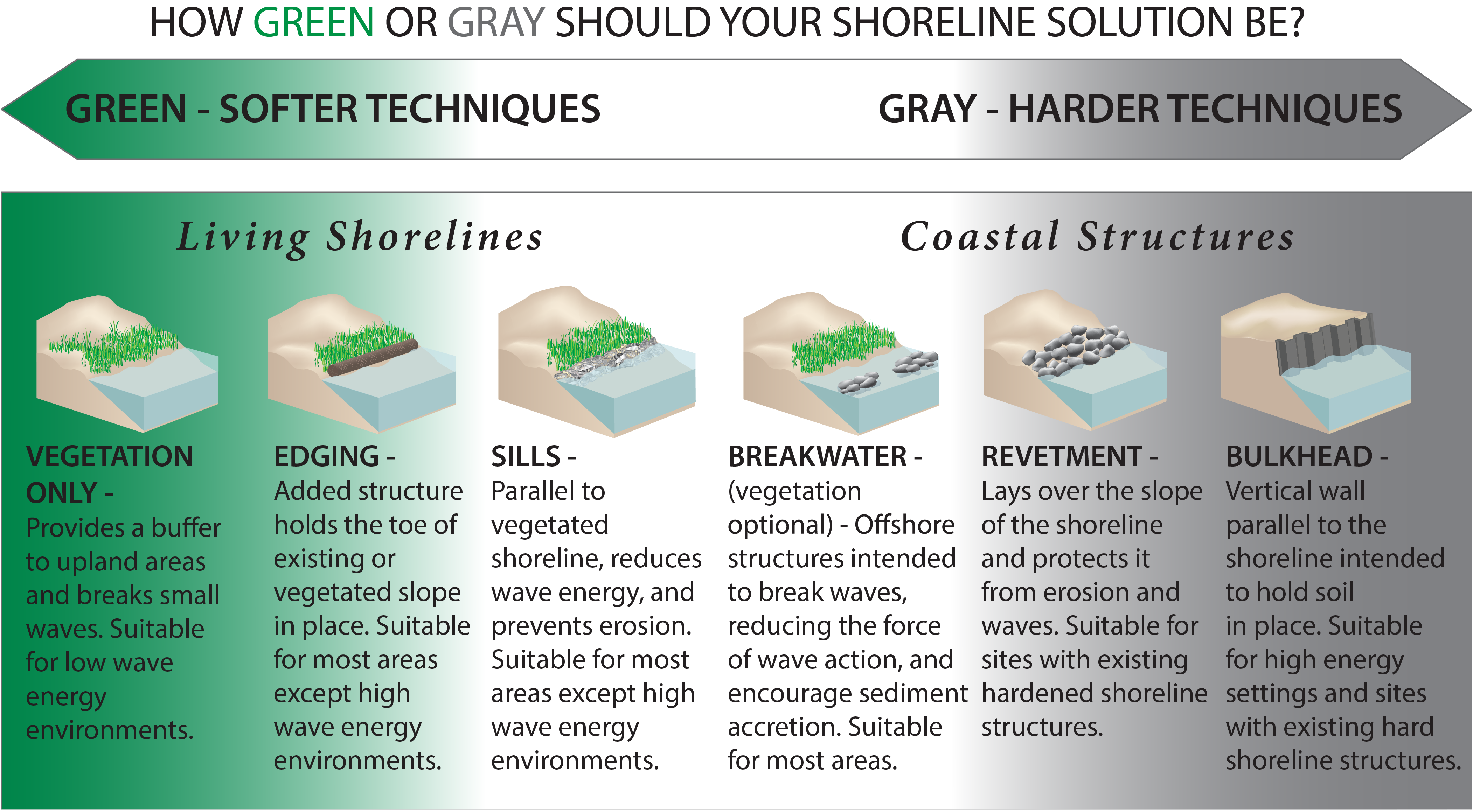

Tuesday
03
March
2:00 pm - 4:00 pm
Tampa Bay Coastal Master Plan - Joint Workgroup Meeting
Thursday
12
March
9:00 am - 12:00 pm
Agency on Bay and Coastal Management
Thursday
12
March
Friday
20
March
10:30 am - 12:00 pm
Scoring of Submittals and Initial Ranking - Planning RFP TBCMP
Tuesday
03
March
2:00 pm - 4:00 pm
Tampa Bay Coastal Master Plan - Joint Workgroup Meeting
Thursday
12
March
9:00 am - 12:00 pm
Agency on Bay and Coastal Management
Thursday
12
March
Friday
20
March
10:30 am - 12:00 pm





